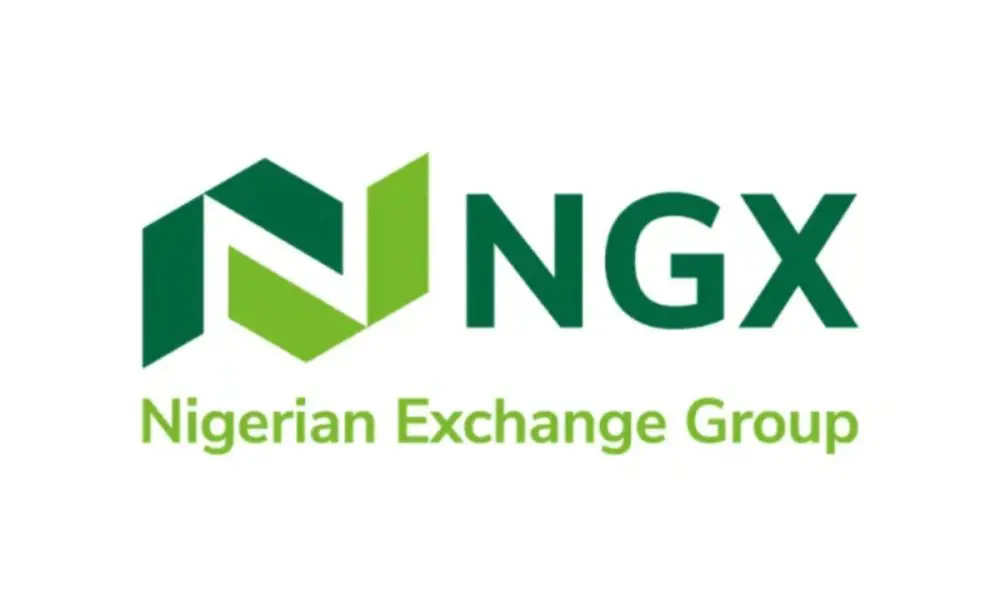BUSINESS

NGX CRASH DEEPENS: INVESTORS LOSE N1.5 TRILLION IN JUST THREE DAYS
NGX Meltdown: Investors Lose N1.5 Trillion in Three Days as Market Bleeds Again
Nigeria’s stock market has slipped deeper into red territory, wiping out a massive N1.5 trillion from investors’ pockets in just three trading days. The sell-off, which started on Monday, has dragged the Nigerian Exchange Limited (NGX) into another worrying downturn—barely a week after showing signs of recovery from a historic N7 trillion crash.
A Week That Started on a Bad Note
The market opened the week with heavy losses:
Monday: N1.17 trillion gone
Tuesday: N110.20 billion wiped off
Wednesday: Another N216 billion slump
In total, investors watched N1.50 trillion evaporate.
The persistent sell pressure pushed the All-Share Index (ASI) down from 145,159.77 points on Monday to 144,646.01 points by Wednesday. Market capitalisation also followed the same downward spiral, slipping from N92.329 trillion to N92.002 trillion within the same period.
Why the Market Is Falling
Market data show that the latest round of declines is driven by heavy sell-offs in big and mid-tier stocks such as:
Dangote Cement
Universal Insurance
ABC Transport
LivingTrust Mortgage Bank
These sell-offs have kept the market under pressure, despite broader economic expectations of a rebound.
Some Stocks Still Defied the Trend
Not everything was gloomy. A few stocks managed to shine, posting gains amid the market-wide downturn. Top performers during the dip include:
NCR Nigeria
Sovereign Trust Insurance
Tantaliser
UAC
Caverton
Prestige Insurance
These equities provided some relief for investors seeking bright spots in an otherwise dark week.
What This Means for Investors
The renewed decline is raising fresh concerns, especially as it follows closely after the NGX attempted to bounce back from a major crash that had erased N7 trillion from the market. Analysts warn that investor sentiment remains fragile, and continued sell pressure could push the market into deeper correction territory.
For now, all eyes are on market fundamentals, government policy signals, and corporate earnings to determine whether this is a temporary dip—or the start of another prolonged downturn.
"This represents a significant development in our ongoing coverage of current events."— Editorial Board









